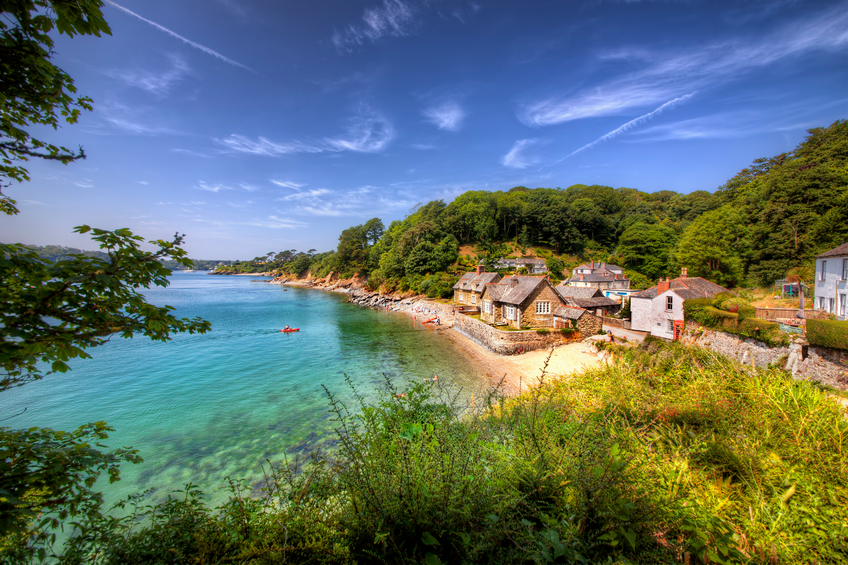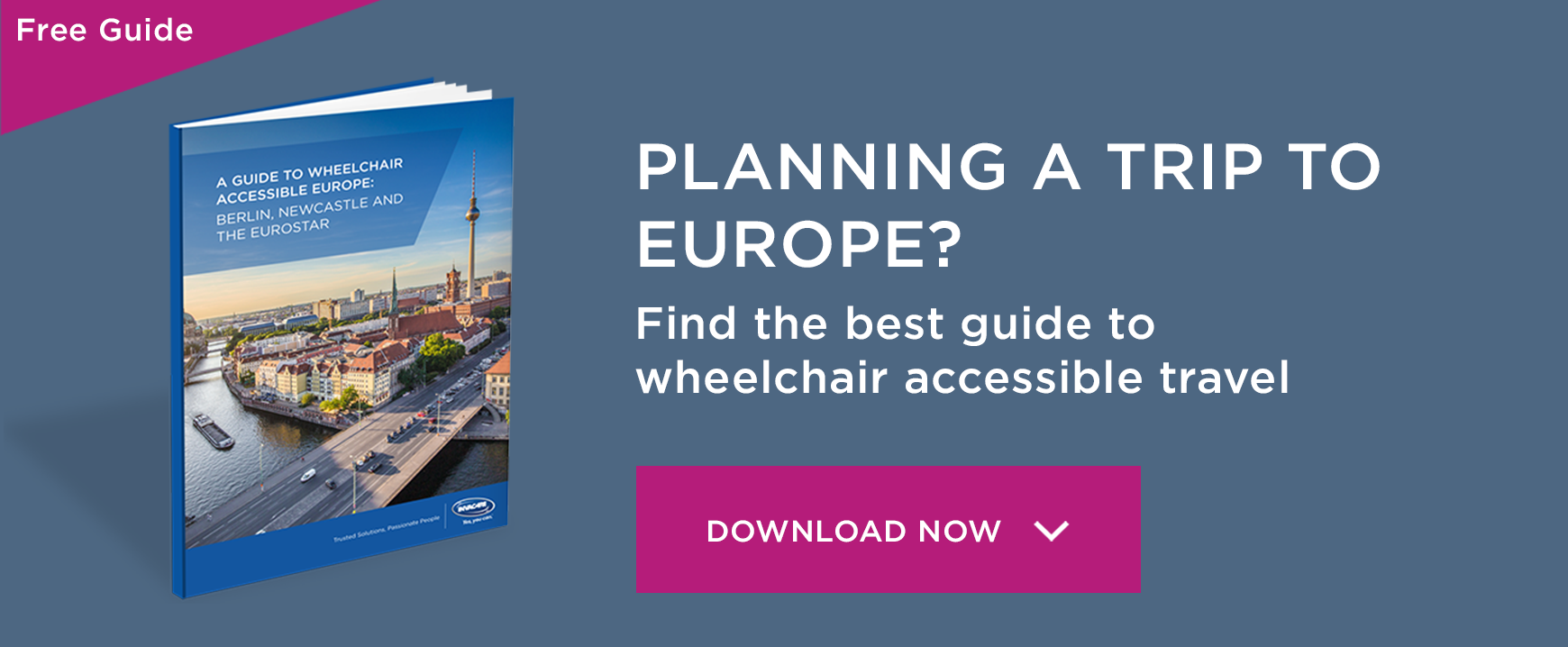What to look for in holiday cottages for disabled people

As a wheelchair user and travel writer, I’ve stayed in my fair share of holiday cottages, not all of which have been accessible or inclusive.
Along the way, though, I’ve learnt some helpful hints and tips of what to look for if you’re intending to stay at a holiday cottage for disabled people, with disabled people. To ensure it fits everyone’s needs, follow the pointers below:
Accessible Parking
First thing is first: make sure you can get to and park at the venue of your choosing.
Accessible parking should include wider bays for ease of getting in and out of the vehicle, and these bays should also be on a smooth surface and close to the cottage; there’s little worse than pushing through gravel to get to a cottage half a mile down the road…!
Wide doorways and step-free access
For the cottage to be accessible, you and your party must be able to enter step-free. Many cottages were built years ago and therefore are prone to having narrow doorways, halls and alleyways. Do make sure before you book that these doorways have been widened for anyone who uses mobility equipment.
Lowered worktops
Going away on your own? This one is even more important if you are a wheelchair user or of short stature. Make sure you will be able to prepare food on the worktops, and use the cooker and microwave, as well as wash your clothes and utilise all cutlery (if things like that are placed at a high level, ask the owner of the holiday cottage to move a few things down for you before your stay.)
A wet room
If, like me, you need a little extra space to wash and get changed, making sure that you holiday cottage has got a large wet room is a really good move. It means that anyone you are visiting with has room to help you if necessary and, ultimately, you don’t have to conquer shower steps or sides of baths in order to get clean! If the holiday cottage you really want to stay in doesn’t have a wet room, at least make sure that the bath and/or shower is a good height for you to transfer into, and there’s enough room to slide onto the toilet.
A little extra…
If you have a sensory impairment, it’s a good idea to ask the accessible holiday cottage owner whether or not extra devices are available to make your stay all that more comfortable. For example, do they have a vibrating alarm clock for those who are hearing impaired, or visually contrasting walls and floors for those with visually impairments? Are guide dogs allowed? What is the lighting like inside? All these questions are ones that, if answered positively, will benefit any user who visits a holiday cottage for disabled people.
Communication!
One thing that you must have if you are visiting a holiday cottage for disabled people is good communication with those who own or help to run the cottage. They have a duty to make sure your needs are met, but you also have a responsibility to make sure you disclose all that you’re comfortable to about your disability in order for them to help you and provide everything possible for a comfortable and enjoyable stay. Whether it be by phone or via email, ensuring that communication between you and the person you are paying for a stay with is vitally important, especially when impairment is involved.
Hopefully this little list of things to look out for when booking a holiday cottage for disabled people will help everyone out there to have a holiday to remember, disability or not.








